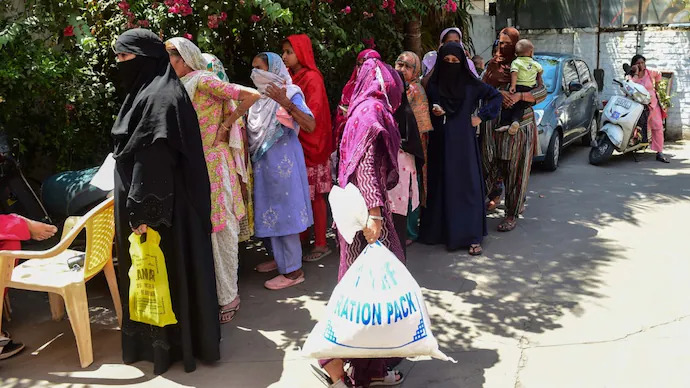The Supreme Court of India has expressed concerns over the growing dependence of citizens on freebies and handouts offered by political parties, particularly ahead of elections. Justices B.R. Gavai and Augustine G. Masih observed that such offers, including free rations and financial aid, were fostering a culture of idleness where people were unwilling to seek employment and work hard for their livelihood. The Bench made these remarks while hearing a public interest litigation regarding the right to shelter for the homeless in urban areas. Justice Gavai lamented that excessive reliance on government aid was discouraging self-sufficiency and questioned whether efforts should be made to integrate these individuals into the workforce to contribute meaningfully to nation-building.
The Attorney General, R. Venkataramani, brought the court up to speed that central government missions had been envisaged lately pertinent to urban poverty alleviation issues, including housing the urban homeless. The bench requested the Attorney General to ascertain the timeline for implementing this mission and scheduled the next hearing for six weeks later.
This critique aligns with previous concerns raised by Prime Minister Narendra Modi and the Reserve Bank of India regarding the fiscal impact of election-time handouts. These warnings have, however, not been able to rid off this pernicious practice in various states, where cash transfers, free utilities, and loan waivers in exchange for votes have emerged as common practices. Analysts believe that the proportion of such bounties will only grow as more states are set to head to the polls over the coming years.
The Supreme Court’s remarks have kindled a wider debate on the economic implications of pre-election freebies. The critics contend that freely distributing goodies grants, in some very short time frames, the guarantee of voter loyalty, but they have long-term pernicious effects on people’s lives by reducing work efforts and putting a strain on public finances. The remarks made by the Supreme Court further emphasize the need for a fine balance that serves immediate welfare goals without endangering the country’s economic health.
The discussion is now stirring a clearer move among political parties toward sustainable development policies that provide empowerment for citizens through occupation and skills training rather than easy short-term incentives and the resultant culture of dependency, which will soon start to be implemented through the Urban Poverty Alleviation Mission. It is expected to be one of the major policies in undertaking the long-term solution for urban homelessness and urban poverty.
